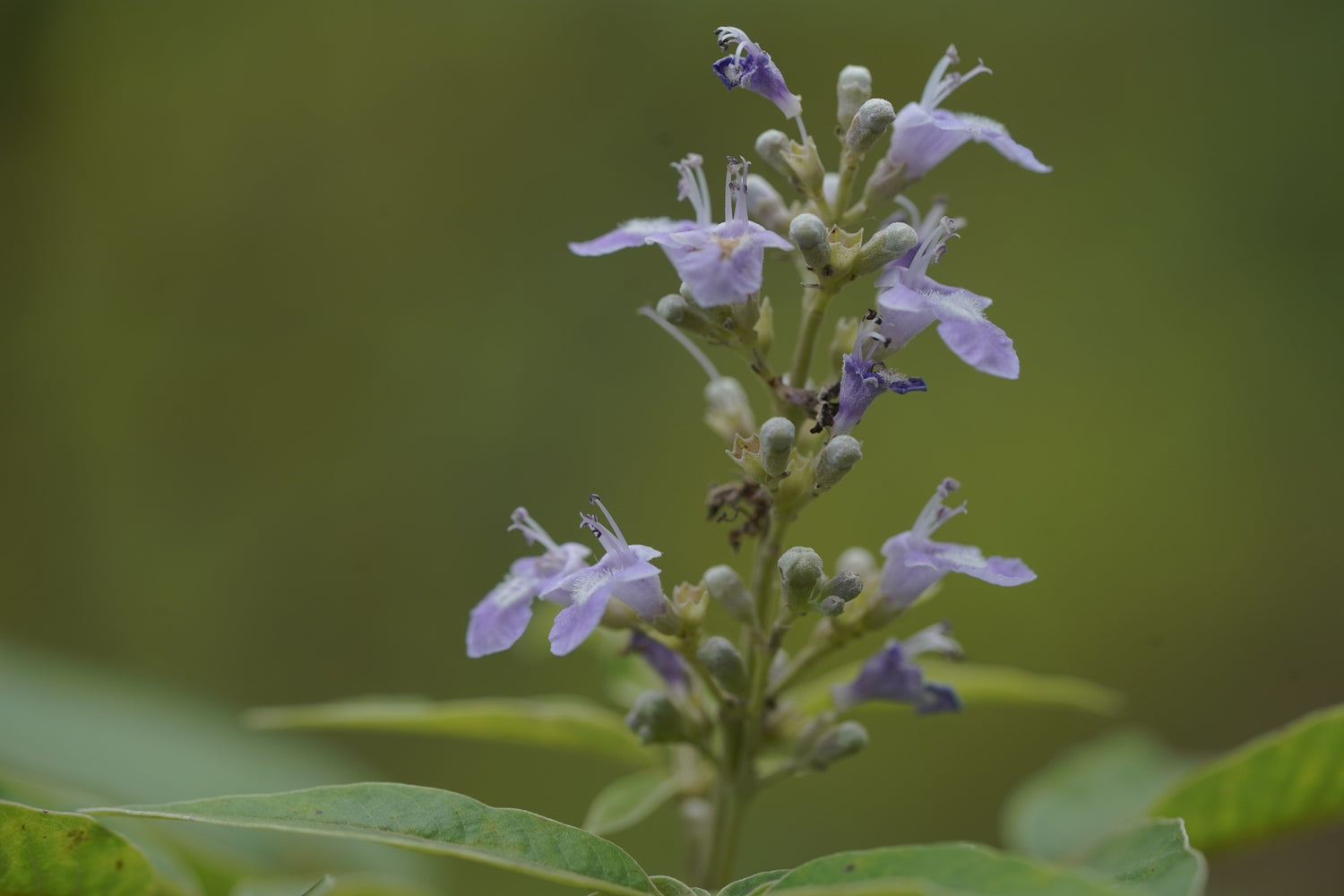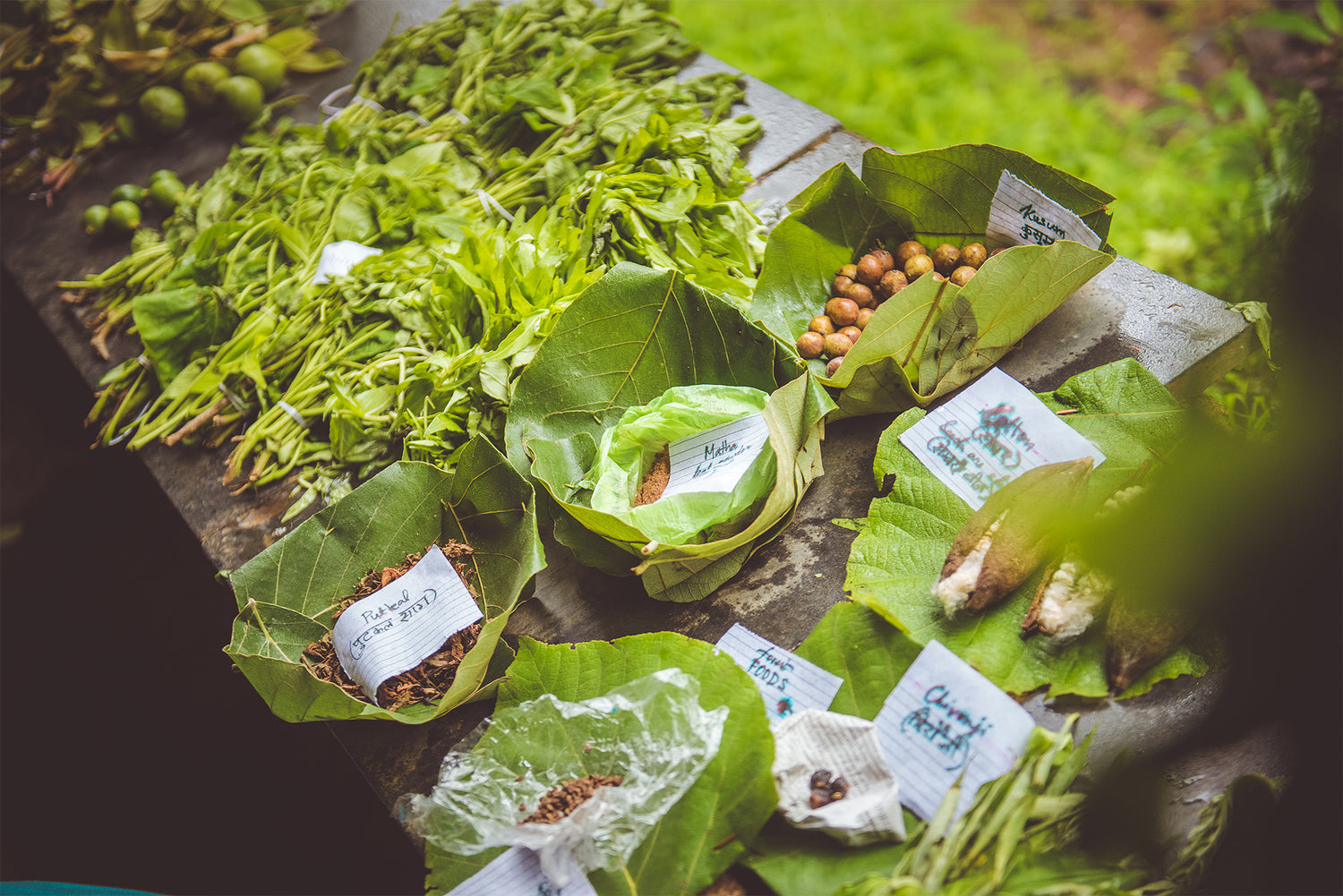
Nirgudi / निर्गुडी / Chinese Chaste Tree / Vitex negundo L.
- Local Name: Nirgudi / निर्गुडी
- Common Name: Chinese Chaste Tree
- Botanical Name: Vitex negundo L.
Status & Habitat
- Status: Least Concern
- Habitat:
- Occurrence:
- Season of Availability:
- Geography: Eastern and Southern Africa and Asia
- Method of Propagation: Vegetative propagation
- Part used for Propagation: Stem cuttings
Edible Parts
- Edible Parts:
- Can be Eaten Raw:
Method of Consumption
- Raw: No
- Ripe: N/A
- Both Raw & Ripe: N/A
- Dangerous Form to Consume:
- As Food:
- As Medicine:
- Cooking Without Prior Boiling: N/A
- Boiling Before Cooking: N/A
- Pickling: N/A
- Brining: N/A
- Fermenting: N/A
- Drying for later Consumption: N/A
- Overall Method:
Nutritional & Medicinal Benefits
- Nutritional Benefit:
- Medicinal Benefit:
Tribal Wisdom
- Tribal Wisdom:


